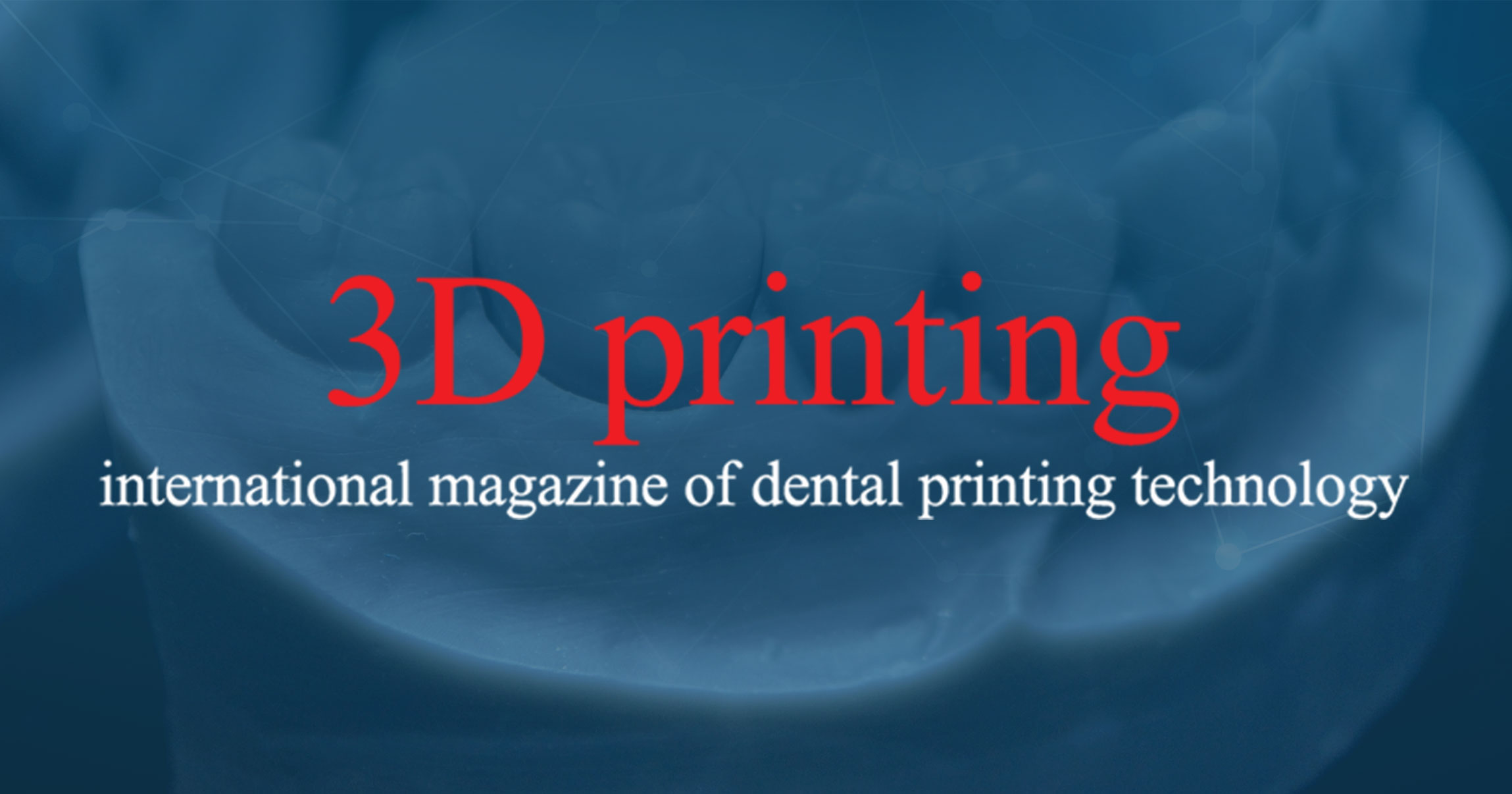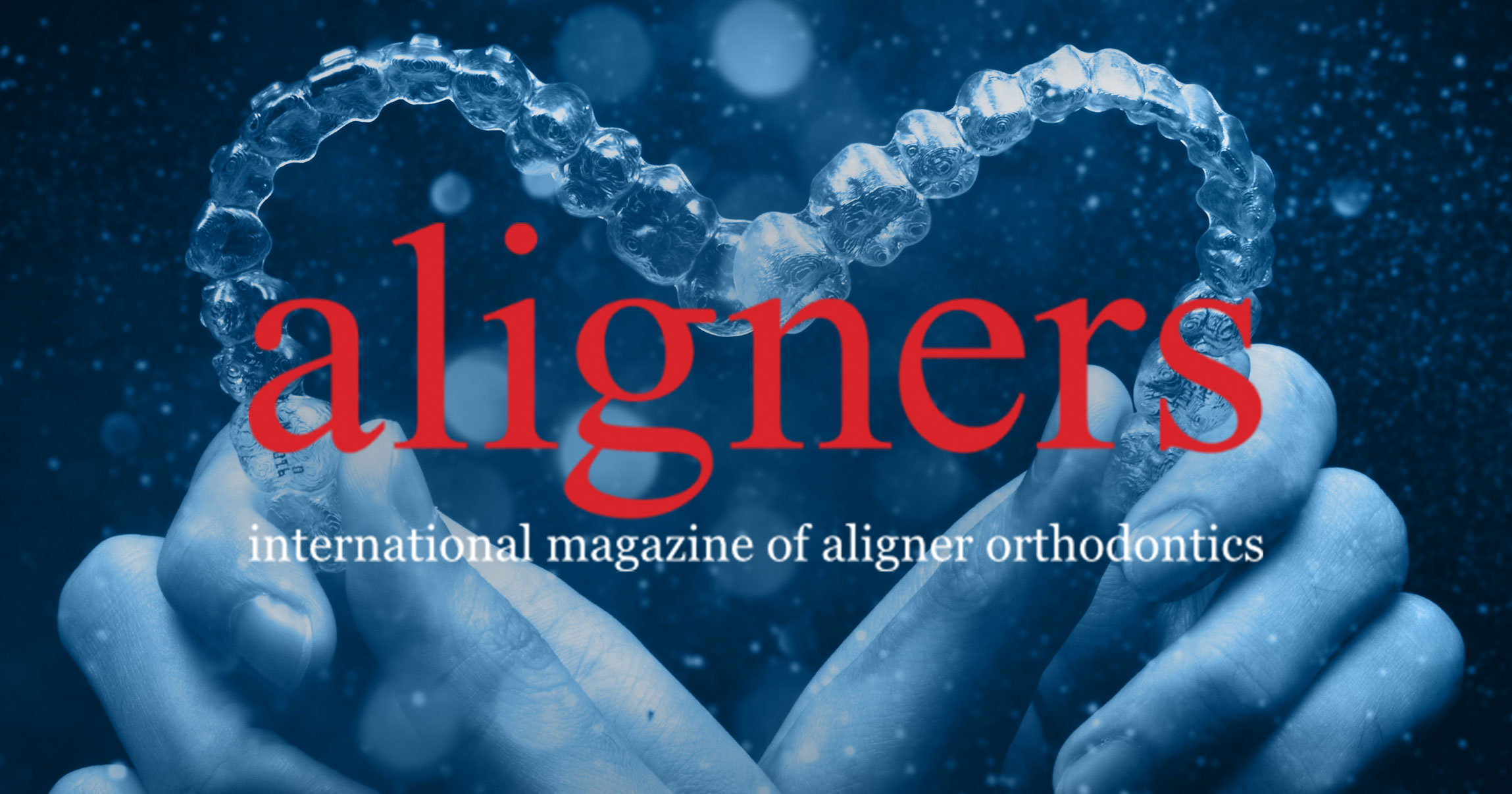HELSINKI, Finland: A new study at the University of Helsinki has found that hidden periapical periodontitis increased the risk of coronary artery disease (a cardiovascular disease). According to the researchers, infections of the root tip of a tooth are very common—about one in four Finns suffered from at least one in the study group—and are often unnoticed by patients, as they can be present without obvious symptoms.
Although there is a great deal of research on the connection between oral infections and many common chronic diseases, such as heart disease and diabetes, periapical periodontitis has been investigated relatively little in this context. In the recent study, 58 per cent of the patients, who presented with symptoms requiring examination via coronary angiogram, had one or more such inflammatory lesions.
“Acute coronary syndrome is 2.7 times more common among patients with untreated teeth in need of root canal treatment than among patients without this issue,” said lead author Dr John Liljestrand. Moreover, the study found that periapical periodontitis was connected with a high level of serum antibodies related to common bacteria causing such infections.
The study was carried out at the Department of Oral and Maxillofacial Diseases of the university, in cooperation with the Heart and Lung Centre at Helsinki University Hospital. It examined the coronary arteries of 508 patients with a mean age of 62, of whom 36 per cent had stable coronary artery disease, 33 per cent suffered from acute coronary syndrome, and 31 per cent had acute coronary syndrome-like results, but no significant coronary artery disease.
Periapical periodontitis is an immune response to microbial infection in the dental pulp, most commonly caused by caries. The often symptomless infections are usually detected by chance in radiographs, the researchers said. In light of the findings, root canal treatment of an infected tooth may reduce the risk of heart disease; however, additional research is needed to confirm the relationship between the two conditions, they said.
According to figures from the World Health Organization, cardiovascular disease is the primary cause of death globally. In 2012, an estimated 17.5 million people died from cardiovascular disease, representing 31 per cent of all global deaths. Of these, 7.4 million were due to coronary artery disease and 6.7 million were due to stroke.
The study, titled “Association of endodontic lesions with coronary artery disease”, was published online ahead of print on 27 July in the Journal of Dental Research.



 阿尔巴尼亚 / Albania
阿尔巴尼亚 / Albania
 奥地利 / Österreich
奥地利 / Österreich
 波斯尼亚和黑塞哥维那 / Босна и Херцеговина
波斯尼亚和黑塞哥维那 / Босна и Херцеговина
 保加利亚 / България
保加利亚 / България
 克罗地亚 / Hrvatska
克罗地亚 / Hrvatska
 捷克共和国和斯洛伐克 / Česká republika & Slovensko
捷克共和国和斯洛伐克 / Česká republika & Slovensko
 丹麦 / Danmark
丹麦 / Danmark
 芬兰 / Suomi
芬兰 / Suomi
 法国 / France
法国 / France
 德国 / Deutschland
德国 / Deutschland
 希腊 / ΕΛΛΑΔΑ
希腊 / ΕΛΛΑΔΑ
 意大利 / Italia
意大利 / Italia
 荷兰 / Nederland
荷兰 / Nederland
 北欧的 / Nordic
北欧的 / Nordic
 波兰 / Polska
波兰 / Polska
 葡萄牙 / Portugal
葡萄牙 / Portugal
 罗马尼亚和摩尔多瓦 / România & Moldova
罗马尼亚和摩尔多瓦 / România & Moldova
 斯洛文尼亚 / Slovenija
斯洛文尼亚 / Slovenija
 塞尔维亚和黑山 / Србија и Црна Гора
塞尔维亚和黑山 / Србија и Црна Гора
 西班牙 / España
西班牙 / España
 瑞典 / Sverige
瑞典 / Sverige
 瑞士 / Schweiz
瑞士 / Schweiz
 火鸡 / Türkiye
火鸡 / Türkiye
 英国和爱尔兰 / UK & Ireland
英国和爱尔兰 / UK & Ireland
 国际的 / International
国际的 / International
 巴西 / Brasil
巴西 / Brasil
 加拿大 / Canada
加拿大 / Canada
 拉丁美洲 / Latinoamérica
拉丁美洲 / Latinoamérica
 利用 / USA
利用 / USA
 印度 / भारत गणराज्य
印度 / भारत गणराज्य
 日本 / 日本
日本 / 日本
 巴基斯坦 / Pākistān
巴基斯坦 / Pākistān
 越南 / Việt Nam
越南 / Việt Nam
 东盟 / ASEAN
东盟 / ASEAN
 以色列 / מְדִינַת יִשְׂרָאֵל
以色列 / מְדִינַת יִשְׂרָאֵל
 阿尔及利亚 / الجزائر
阿尔及利亚 / الجزائر
 中东 / Middle East
中东 / Middle East
:sharpen(level=0):output(format=jpeg)/up/dt/2023/03/IDS2023a.jpg)
:sharpen(level=0):output(format=jpeg)/up/dt/2023/03/CEOPH.jpg)
:sharpen(level=0):output(format=jpeg)/up/dt/2023/03/impltsaveWeb.jpg)
:sharpen(level=0):output(format=jpeg)/up/dt/2023/02/europ1.jpg)
:sharpen(level=0):output(format=jpeg)/up/dt/2023/02/CADADET.jpg)







:sharpen(level=0):output(format=png)/up/dt/2014/02/kuraray.png)
:sharpen(level=0):output(format=png)/up/dt/2014/02/3shape.png)
:sharpen(level=0):output(format=png)/up/dt/2012/06/Croixture.png)
:sharpen(level=0):output(format=png)/up/dt/2013/01/Amann-Girrbach_Logo_SZ_RGB_neg.png)
:sharpen(level=0):output(format=png)/up/dt/2011/07/fdi.png)
:sharpen(level=0):output(format=png)/up/dt/2013/04/Dentsply-Sirona.png)
:sharpen(level=0):output(format=jpeg)/up/dt/2022/08/DTCHI_0322_FINAL.jpg)
:sharpen(level=0):output(format=jpeg)/up/dt/e-papers/307114/1.jpg)
:sharpen(level=0):output(format=jpeg)/up/dt/e-papers/302868/1.jpg)
:sharpen(level=0):output(format=jpeg)/up/dt/e-papers/295582/1.jpg)
:sharpen(level=0):output(format=jpeg)/up/dt/e-papers/274907/1.jpg)
:sharpen(level=0):output(format=jpeg)/up/dt/e-papers/271655/1.jpg)
:sharpen(level=0):output(format=png)/up/dt/2023/03/IMP-Banner-Image-World-Summit-Athens.png)
:sharpen(level=0):output(format=jpeg)/up/dt/2023/03/corp-en-us-image-dsw23-homepage-teaser-stage.jpg)
:sharpen(level=0):output(format=jpeg)/up/dt/2017/01/a612e7d5a957d59efac047236674e175.jpg)

:sharpen(level=0):output(format=jpeg)/up/dt/2023/03/IDS2023a.jpg)
:sharpen(level=0):output(format=gif)/wp-content/themes/dt/images/dt-user.gif)
:sharpen(level=0):output(format=jpeg)/up/dt/2017/07/periodontal-780.jpg)
:sharpen(level=0):output(format=jpeg)/up/dt/2017/06/resize_1496386571_uploads_images_0401bab2806df716751eaa4d007f0ea2_jpg_610x0_85.jpg)















:sharpen(level=0):output(format=jpeg)/up/dt/2023/03/IDS2023a.jpg)
:sharpen(level=0):output(format=jpeg)/up/dt/2023/03/CEOPH.jpg)
:sharpen(level=0):output(format=jpeg)/up/dt/2023/03/impltsaveWeb.jpg)
:sharpen(level=0):output(format=jpeg)/up/dt/e-papers/307114/1.jpg)
:sharpen(level=0):output(format=jpeg)/up/dt/e-papers/302868/1.jpg)
:sharpen(level=0):output(format=jpeg)/up/dt/e-papers/295582/1.jpg)
:sharpen(level=0):output(format=jpeg)/up/dt/e-papers/274907/1.jpg)
:sharpen(level=0):output(format=jpeg)/up/dt/e-papers/271655/1.jpg)
:sharpen(level=0):output(format=jpeg)/up/dt/2022/08/DTCHI_0322_FINAL.jpg)
:sharpen(level=0):output(format=jpeg)/up/dt/e-papers/311322/2.jpg)



